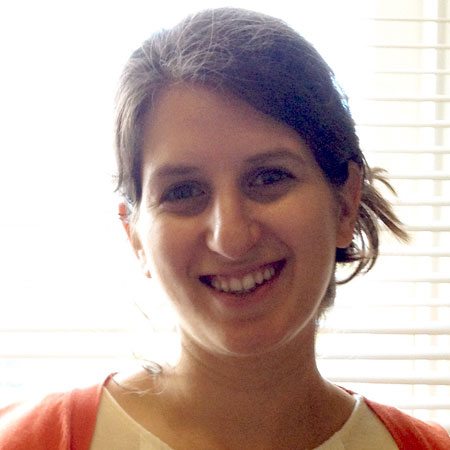For all the talk about the school-to-prison pipeline, and the school discipline system's role in it, I've noticed something missing from the conversation: the psychological impact of school discipline on the young people who go through it.
Criminalizing and harshly penalizing typical childhood behavior, almost exclusively for students of color, has turned many schools into places where kids feel betrayed, unsafe and uncomfortable. When a student yells at a school security officer who has repeatedly harassed her, the principal calls the student's mom to say the school will be expelling her daughter. When two teenagers fight in the hallway, the on-site police officer cuffs them and takes them to a nearby station. On the way out, the principal tells them they're being expelled.
Kids watch their schools turn on them, and it hurts. During expulsion proceedings, which look similar to criminal trials, a young person goes from being "my student," to being "the juvenile," "the suspect" or "the assailant." Their teachers are suddenly the witnesses against them, their district administrators are their judges and their principal is their prosecutor.
Even if not ultimately expelled, many kids and parents end up feeling betrayed and disrespected. I see it all the time. The structure that most schools use invites almost no meaningful discussion, no support, no creative problem-solving. The punitive process leaves students and their families confused, scared and labeled. At the end of it all, school has become a place to be feared and avoided.
Schools should be places where young people are encouraged and nurtured, where kids can make mistakes and are given the space and guidance to learn from them. What schools should not be are replicas of the criminal justice system.
